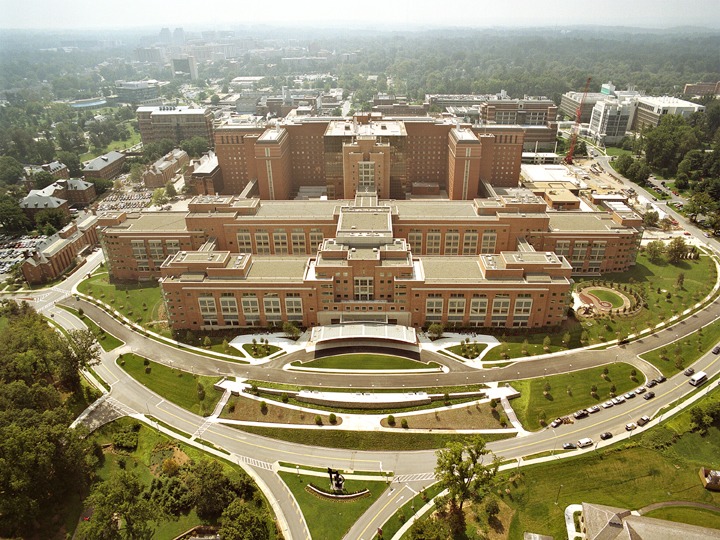
MedCognetics, Inc., founded in early 2019, has developed an unbiased advanced imaging algorithm that leverages AI and Machine Learning (ML) to detect the earliest manifestations of cancer in all ethnicities, today announced it has received a $750,000 grant from the National Institute of Health’s (NIH) Artificial Intelligence/Machine Learning Consortium to Advance Health Equity and Researcher Diversity, or AIM-AHEAD program. The company is a subaward from the University of North Texas Health Science Center (HSC) at Fort Worth, Texas.
“One of the main reasons for establishing the AIM-AHEAD grant program is to address health inequities and disparities,” said Dr. Jamboor Vishwanatha, Regents Professor at the University of North Texas, Health Science Center at Fort Worth, TX and, the principal investigator of the AIM-AHEAD coordinating center. “We selected MedCognetics as one of our grant recipients because of its focus on developing technology aimed at addressing the data bias of historically ignored populations, especially regarding breast health and imaging. We are encouraged by the company’s initial success and look forward to collaborating towards the mutual goal of improved healthcare, prevention, diagnoses and overall better outcomes.”
MedCognetics was founded on research that originated from the Quality of Life Technology Laboratory at The University of Texas at Dallas. Its partnership with the University of Texas Southwestern Medical Center (UTSW) provided the clinical data that assisted in the validation of its unbiased AI algorithm.
The AIM-AHEAD program was created to close the gaps in the AI/ML field, which currently lacks diversity in its researchers and in data, including electronic health records (EHRs). These gaps pose a risk of creating and continuing harmful biases in how AI/ML is used, how algorithms are developed and trained, and how findings are interpreted.
This objective dovetails well with the company’s mission to leverage technology to improve efficiencies and reliability in the field of medical imaging. In the case of mammograms, its product reduces the amount of time a radiologist needs to review a case, by 30 to 50 percent, which directly translates into more saved lives. This is especially vital in underserved communities and areas of the world where medicine and diagnostic imaging are scarce.
Source: Company Press Release






